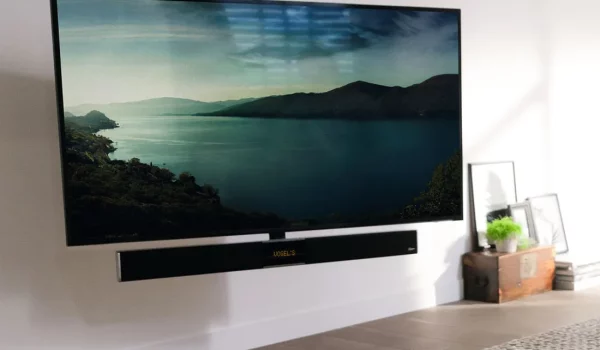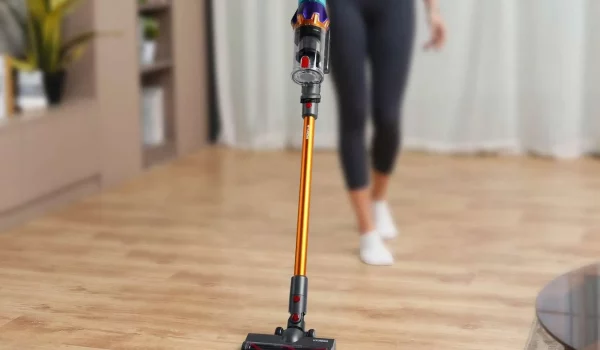Repair in the circular economy
European legislation, product design and business models
The ‘Right to repair’, the forthcoming European legislation regarding the repair of consumer products, is an important step towards a circular economy. What impacts can be expected from this legislation? How will it stimulate repair? Will increased repair indeed help foster a circular economy? The Leiden-Delft-Erasmus Centre for Sustainability and the TU Delft faculty of Industrial Design Engineering collaborated on this white paper to offer guidance in answering these questions. The central question: how and under what conditions will repair contribute to a circular economy? What are the challenges and opportunities?
This white paper is a collection of interviews with scientists from Leiden University, Delft University of Technology, Erasmus University Rotterdam and Rotterdam University of Applied Sciences, with insights from different backgrounds and contributions from entrepreneurs and managers at the forefront of the circular economy.
Other relevant publications
Re-use of soundbars
How feasible is it to give soundbars a second life? Commissioned by Stichting OPEN, Second Use investigated the re-use potential of four soundbar models, revealing insights into repairability, consumer interest, and key barriers.
Re-use of cordless vacuum cleaners
The re-use of cordless vacuum cleaners presents interesting opportunities, but battery replacement costs pose a significant challenge. This study, conducted by Second Use on behalf of Stichting OPEN, examines the feasibility of refurbishment and identifies key improvements to extend the lifespan of these appliances.







